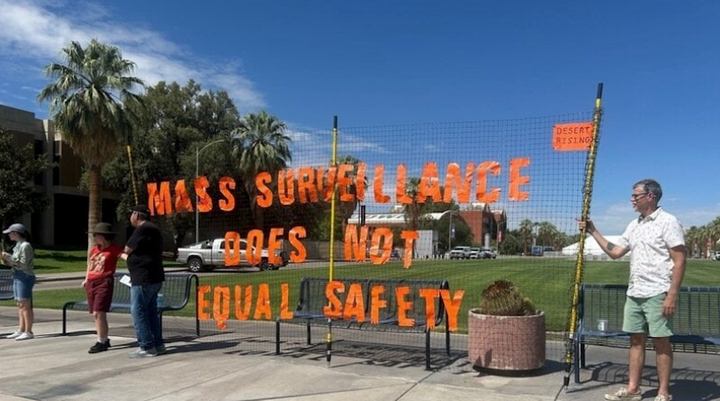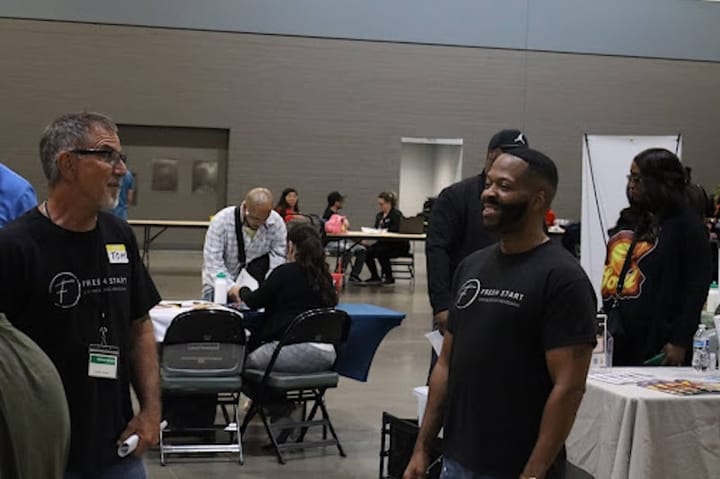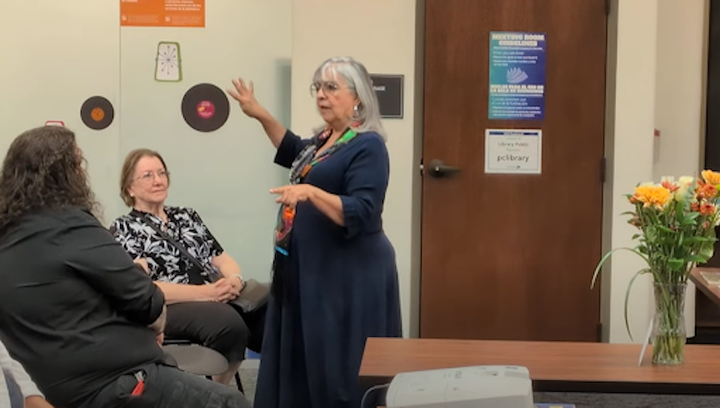UA prison garden program pauses after federal grant ends
A program that helped incarcerated fathers strengthen family bonds through gardening and parenting lessons has been put on hold after federal funding expired.
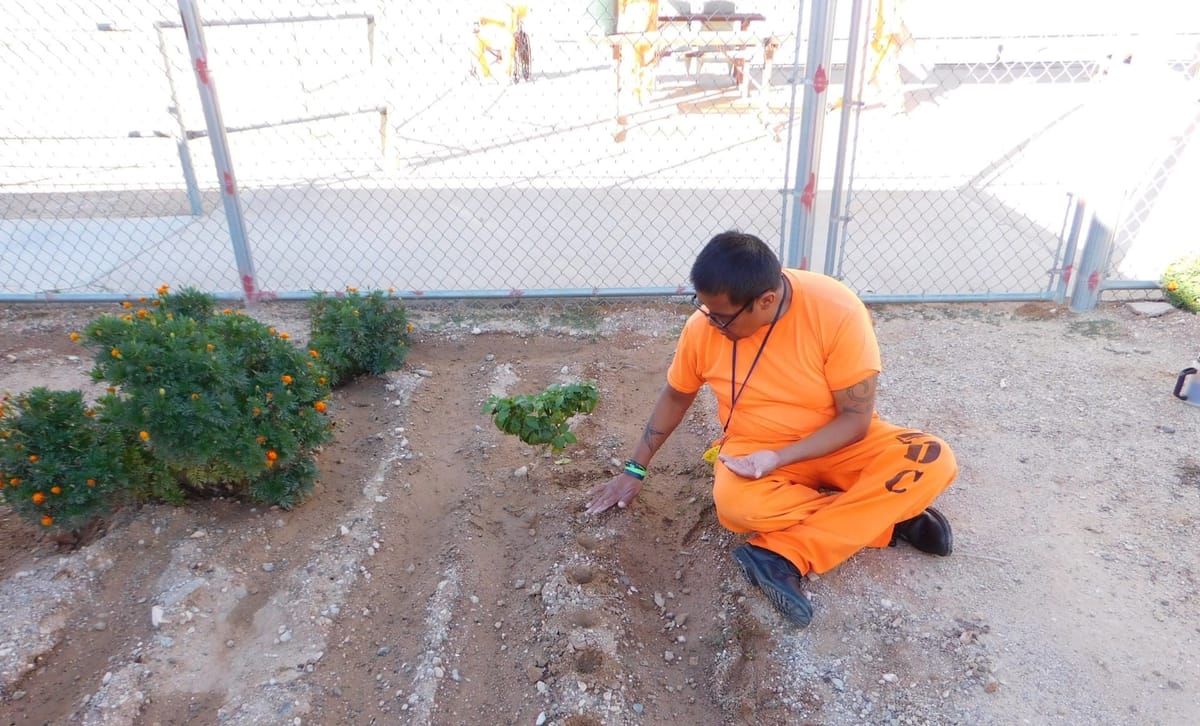
A University of Arizona program that helped incarcerated fathers in Tucson reconnect with their families through gardening and parenting lessons has been put on pause after federal funding ran out.
The Down to Earth Dads program transformed a small prison garden into a space for growth and reflection, teaching men how nurturing soil and relationships require the same care, patience and consistency.
Now, after helping more than 100 participants build confidence and empathy, organizers hope new funding will allow the garden, and the hope it’s cultivated, to keep growing.
Down to Earth Dads operated out of the Arizona State Prison Complex in Tucson, teaching participants gardening and parenting skills and drawing parallels between nurturing plants and raising children.
What began as a simple experiment in combining two classes blossomed into a powerful model for rehabilitation and reconnection that’s changing lives both inside and beyond prison walls.
“We started from what we already knew,” said Family Engagement Program Director Deborah Curley. “Our program was already teaching parenting classes in the prison system, but we also had staff with strong backgrounds in gardening, so we thought, why not bring the two together?”
That’s when Master Gardener Program Coordinator Cassie Burruel entered the picture, helping turn a patch of dry clay soil into a thriving learning space full of peppers, beans, squash and hope.
Curley and Burruel both work for the University of Arizona Cooperative Extension, the university’s outreach arm.
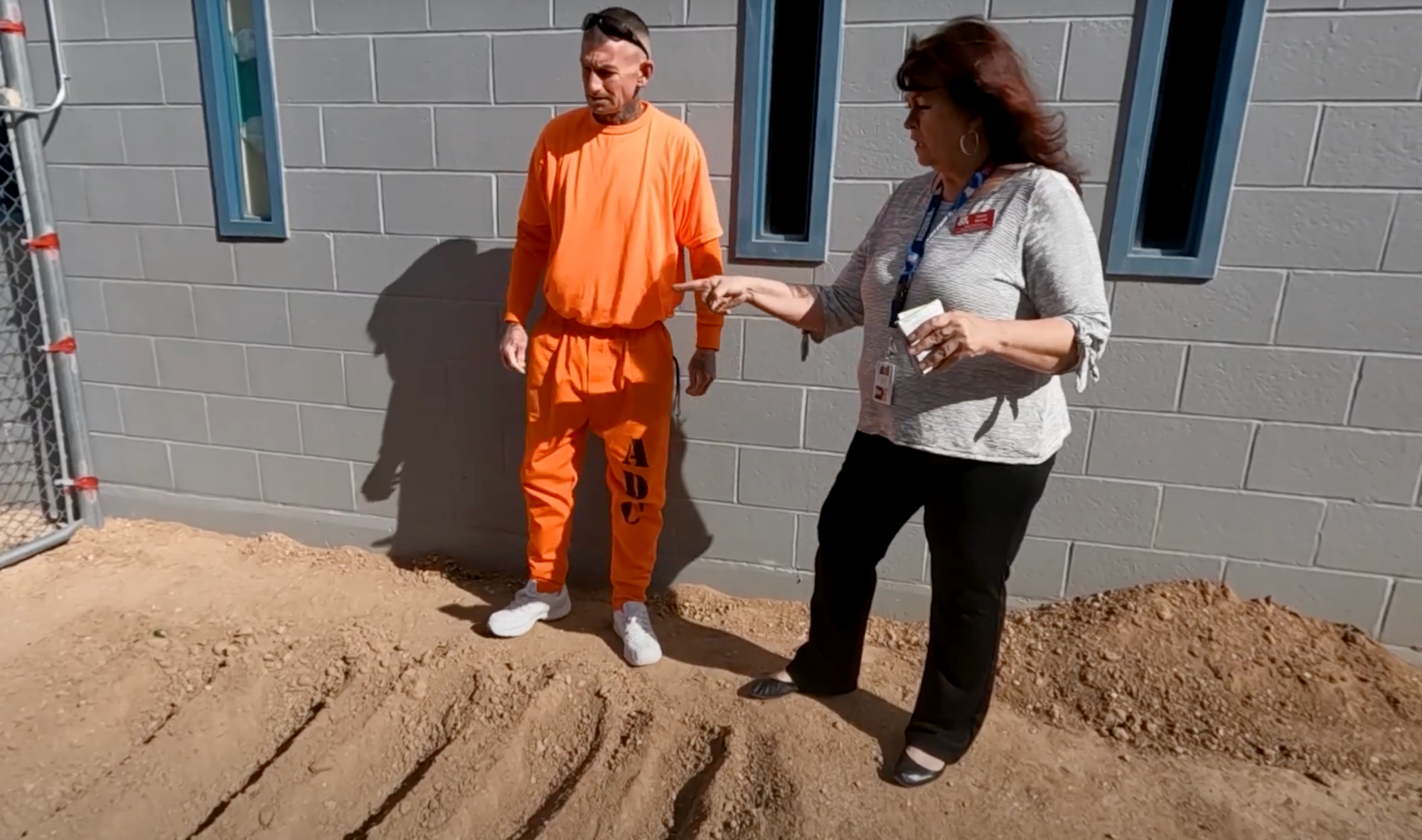
Part of the College of Agriculture, Life and Environmental Sciences, Cooperative Extension programs operate in every Arizona county, bringing research-based knowledge to everyday people, including 4-H youth programs, rangeland management and nutrition education.
Down to Earth Dads blends lessons from the Cooperative Extension’s Partners in Parenting Education Program and the Master Gardener curriculum. More than 100 participants surveyed since September 2023 said the program helped them gain parenting confidence and empathy.
More than 80% said they’ve been empowered to “plant seeds” in their children that will grow into life skills, and 83% said they understood that simply speaking kindly to their child can have a positive impact.
Many participants said the class reshaped how they think about their pasts and their role as parents, with one participant writing, “I’m surprised I’m not dead.”
“I need to be there for my daughter and not be absent, just like my father was,” another wrote.
Others said the program helped them completely shift their mindsets.
“I feel more confident within myself,” one participant wrote. “My mindset toward parenting is now fueled with more knowledge.”
The model is simple: Participants build and maintain a garden, learning how to care for the soil, proper irrigation and harvesting techniques.
“Then we connect those lessons to parenting,” Burruel said. “Just like a garden, a child needs attention, patience and consistency to grow.”
The program was funded by an Improving Reentry grant from the U.S. Department of Justice. But with that funding now exhausted, the program’s final class took place earlier this month.
Burruel said the event was a bittersweet milestone because, over time, the garden became more than a project, it became both a metaphor and a motivator.
“They realize it’s the same basics,” Burruel said. “You have to watch over your garden, feed it, correct it when things go wrong, just like raising a child.”
Each week the program blended gardening with parenting discussions, and over time the men began to open up.
“At first they’re quiet and reserved,” she said. “But by the end they’re laughing, sharing childhood memories and talking about their kids. Watching them realize that if they can grow a garden, they can raise a child — that’s powerful.”
Many participants wrote letters home to share what they learned with their families, while others said they planned to garden with their children after their release.
Burruel recalled the program’s impact on one former participant, “Cheech.”
“He had spent more than half his life in prison,” she said. “But he really got into the program. He even came up with a new way to irrigate the garden, inspired by Aztec canals. It used less water but produced more crops, and we still use it today.”
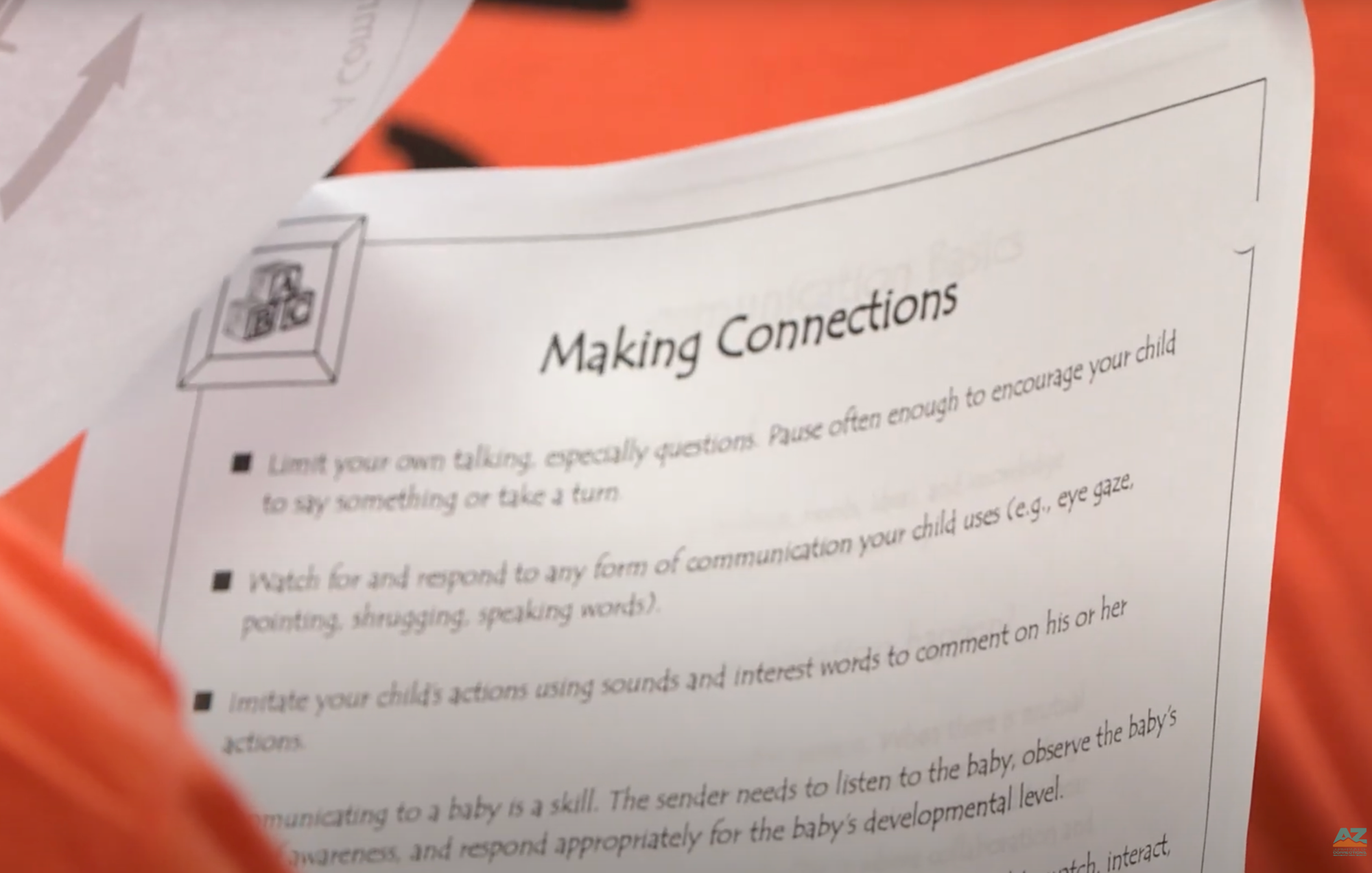
After Cheech was released, he sent the unit a photo of his new garden at home, standing alongside his grandchildren.
“He told me, ‘This is the first time I’ve ever felt meaningful,’” she said. “He said we gave him hope.”
Running a garden in a prison wasn’t easy. Tools had to be checked in and out carefully, some equipment was off-limits, and the soil conditions weren’t always ideal. But the challenges became part of the lessons, too.
“The guys used to say, ‘It’s amazing that anything can grow in this soil,’” Curley said. “One of them said, ‘It’s kind of like us.’”
Over time, the garden flourished. This past season, they grew four types of melons, squash, corn, beans, cilantro and mint.
And despite the garden’s small size, every piece of produce grown there was donated to local food banks in Tucson, Sahuarita and Green Valley, with Burruel saying the men took pride in knowing their work helped families outside the prison walls.
“They love that they’re growing food for kids and families,” she said. “They’ll say, ‘That could be my child receiving this.’”
Burruel said Down to Earth Dads combined the best of both worlds: life skills and community connection.
“It’s not just about gardening or parenting,” she said. “It’s about giving these men a sense of purpose, something that grows beyond the prison walls.”
McKenna Manzo is a graduate student at the University of Arizona and Tucson Spotlight intern. Contact her at mckennamanzo@arizona.edu.
Tucson Spotlight is a community-based newsroom that provides paid opportunities for students and rising journalists in Southern Arizona. Please consider supporting our work with a tax-deductible donation.

